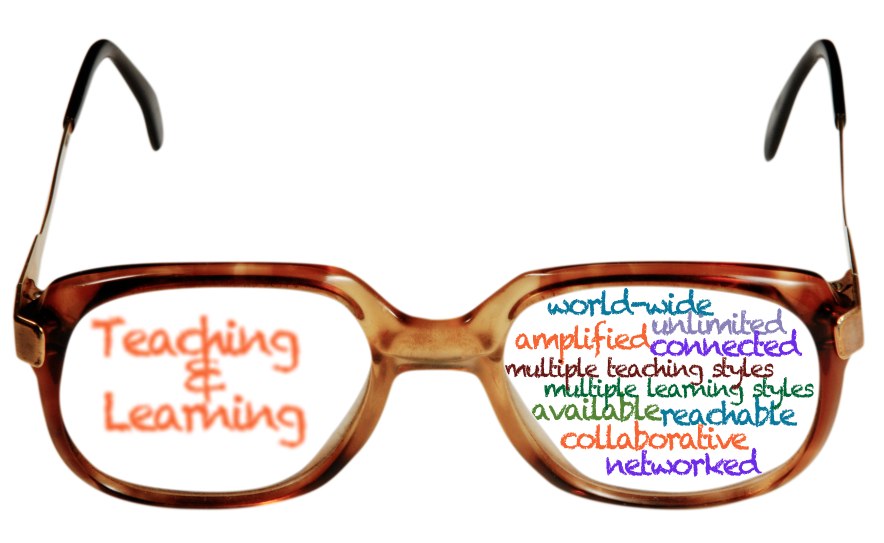
Theories & Foundations of Literacy
In this course, candidates will observe, document, and reflect on the instructional practices of K–12 teachers to develop a deeper understanding of what fosters effective literacy learning and student motivation across educational theories.
This work is grounded in educational theory and informed by the course’s focused study of dyslexia, including its identification, neurobiological basis, and intervention principles. Through qualitative observation, candidates will examine the theoretical perspectives that inform the teaching practices they observe.
This project will require 10 virtual observations. This virtual field work experience includes 10 recorded classroom observations curated to highlight theory in action.
Candidates will analyze how literacy theories are embedded within high-quality, research-based instruction. A total of 10 field hours is required, with a minimum of 2 hours in elementary and 2 hours in secondary settings. Remaining hours may be split between the two.
In this course, candidates will observe, document, and reflect on the instructional practices of K–12 teachers to develop a deeper understanding of what fosters effective literacy learning and student motivation across educational theories.
This work is grounded in educational theory and informed by the course’s focused study of dyslexia, including its identification, neurobiological basis, and intervention principles. Through qualitative observation, candidates will examine the theoretical perspectives that inform the teaching practices they observe.
This project will require 10 virtual observations. This virtual field work experience includes 10 recorded classroom observations curated to highlight theory in action.
Candidates will analyze how literacy theories are embedded within high-quality, research-based instruction. A total of 10 field hours is required, with a minimum of 2 hours in elementary and 2 hours in secondary settings. Remaining hours may be split between the two.
- Professor: Sheri Voss
Candidates will evaluate a literacy unit through the lens of seven essential practices in early literacy instruction. This project emphasizes the integration of all language arts—reading, writing, speaking, listening, viewing, visually representing, and critical thinking—while highlighting the foundational components necessary for early literacy success.
Candidates will select one of the provided units built around a narrative text, chosen from a list of widely used and culturally diverse children's literature. The evaluation will include analysis of how the unit incorporates each of the seven practices, with attention to instructional routines, scaffolding, differentiation, and formative assessment. Consideration should also be given to how well the unit supports a range of learners, including multilingual students and those needing additional literacy support.
The project includes a critique of lesson design, evaluation of instructional materials, and recommendations for adapting the unit for virtual or hybrid instruction. Candidates will also make scholarly connections to course concepts and frameworks that have informed their understanding of effective early literacy practices.
Candidates will select one of the provided units built around a narrative text, chosen from a list of widely used and culturally diverse children's literature. The evaluation will include analysis of how the unit incorporates each of the seven practices, with attention to instructional routines, scaffolding, differentiation, and formative assessment. Consideration should also be given to how well the unit supports a range of learners, including multilingual students and those needing additional literacy support.
The project includes a critique of lesson design, evaluation of instructional materials, and recommendations for adapting the unit for virtual or hybrid instruction. Candidates will also make scholarly connections to course concepts and frameworks that have informed their understanding of effective early literacy practices.
- Professor: Alisha Hackett
- Professor: Sheri Voss